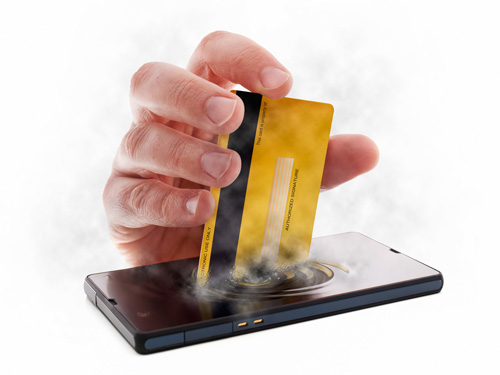Perhaps the biggest technological shift to come along in quite some time is the rise to prominence of services like Apple Pay and the mobile wallet in general. Instead of taking out cash or a credit card to pay for drinks or a meal at a restaurant, patrons can now tap a button on their smartphone or tablet, pay their bill, leave a tip and go off about their merry way. Because this technology is still so new, there are a number of interesting implications for hospitality staff that they need to be aware of.

What are Apple Pay and Mobile Wallets?
In essence, Apple Pay and mobile wallets now add an additional level between the patron and hospitality staff when it comes to payment. Using their mobile wallet provider of choice (in the case of Apple Pay, the provider would technically be iTunes), a user ties their bank account, debit or credit card to their smartphone electronically. When it comes time to pay the bill at a restaurant, the money moves from the associated debit card to the mobile wallet provider, at which point it is then passed along to the restaurant for payment. From the perspective of the restaurant itself, something like Apple Pay really wouldn’t be all that different from dealing with any credit card provider like Visa or MasterCard. In exchange for giving your patrons another option when it comes to payment, you agree to give a certain portion of the sale to the provider in the form of fees.
What Does This Mean For You?
On a deeper level, Apple Pay and mobile wallets represent a pretty significant shift in the relationship between hospitality staff and patrons. It is now possible for a person to pay their bill and leave a tip without ever interacting with the waiter or waitress at all. While this does mean increased efficiency for restaurants (think of all the time you’ll save now that you don’t need to devote your attention to processing cash and credit card payments), it does also mean that a person who suddenly got up and left didn’t necessarily skip out on the bill. Your point of sale system will be able to tell you whether a payment was accepted or even attempted, so you’ll need to keep a watchful eye on tech-savvy users for this reason.
Another thing it means for hospitality staff is that you’re about to encounter a whole new crop of people who don’t bring any additional form of payment with them at all. Services like Apple Pay are designed to replace the need to carry a credit card around with you – so expect users to take full advantage of it. What this means is that you may suddenly run into issues more frequently of people with malfunctioning Apple Pay or mobile wallets that now don’t have another way to pay the bill when you need them to, so you’ll have to plan accordingly if you want to get paid.
If you are considering a career in hospitality, whether as a bartender, barista, or the Silver Service Waiting industry, you must receive the professional training and accreditation on offer through a RSA Melbourne hospitality course. Contact RSA Melbourne today for further details.




